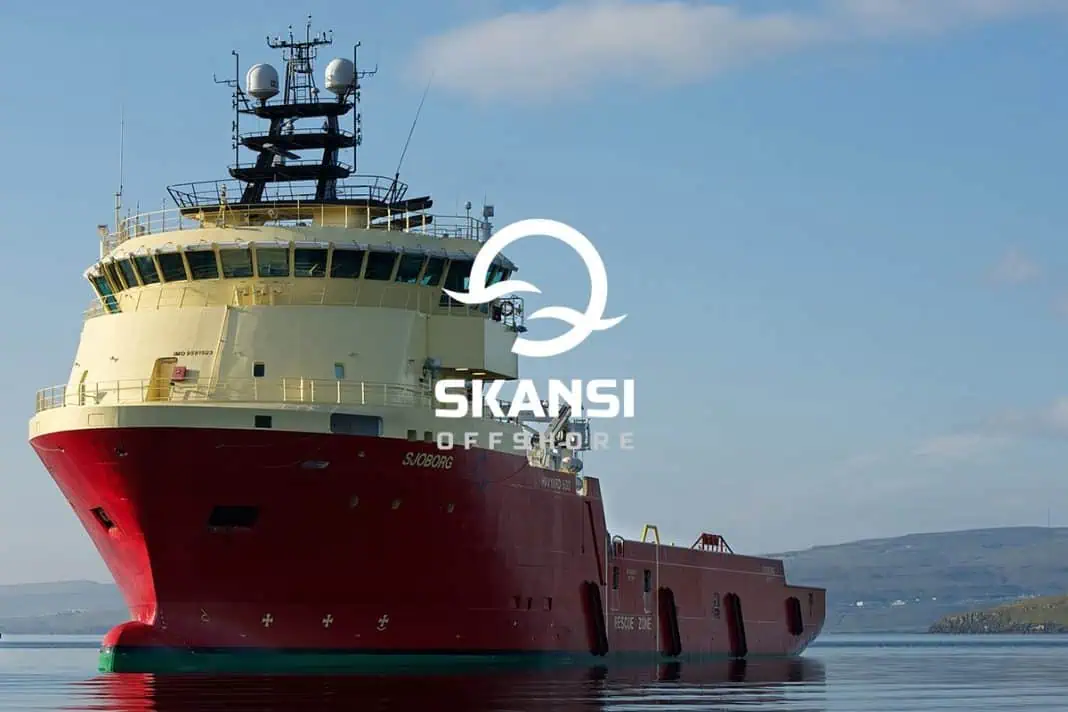Amogy Inc., a pioneer of emission-free, energy-dense ammonia power solutions, Skansi Offshore, a shipping company located in the capital of the Faroe Islands, and Norwegian system developer and integrator SEAM, have entered into a Memorandum of Understanding (MoU).
The purpose of this agreement is for the three parties to investigate a potential technology collaboration in the field of ammonia application, with the common goal of decarbonizing the offshore industry. The first focus of this collaboration is a possible retrofit of Amogy’s proprietary ammonia-to-power system on one of Skansi’s existing vessels, allowing it to operate with zero emissions. This opportunity allows all parties to work together in pursuit of a decarbonized shipping industry.
Managing Director of Amogy Norway, Christian W. Berg, expressed his excitement about collaborating with these esteemed and forward-thinking partners who share an ambitious vision for a greener and more sustainable future. “Given the whole industry’s strong commitment to clean fuels, it is crucial for us to make a positive impact here,” said Berg. “We believe our partnership with Skansi and SEAM can serve as a compelling inspiration for other maritime operators to follow.”
Gunvald Mortvedt, CEO of SEAM, says this project is a testimony of the industry’s dedication to push technological boundaries to achieve zero-emission shipping. “We are very proud to have been chosen as a system partner in this exciting project. We believe in Amogy’s ammonia-to-power solution, and are confident that, through close collaboration with both companies, we will be able to realize Skansi’s important goals for a zero-emission offshore supply vessel, and thus showcase another technological milestone for zero-emission shipping”.
“We welcome the opportunity to collaborate with Amogy and SEAM to combine our environmentally friendly and innovative technologies,” said Jens Meinhard Rasmussen, CEO of Skansi Offshore. “Integrating Amogy’s ammonia-to-hydrogen technology in our vessel is a significant step in the right direction, bringing us closer to our long-term goal of decarbonizing the maritime industry and reducing greenhouse gas emissions. Additionally, this partnership will help accelerate the global transition towards clean energy sources, furthering our commitment to sustainable practices in the maritime sector”.












